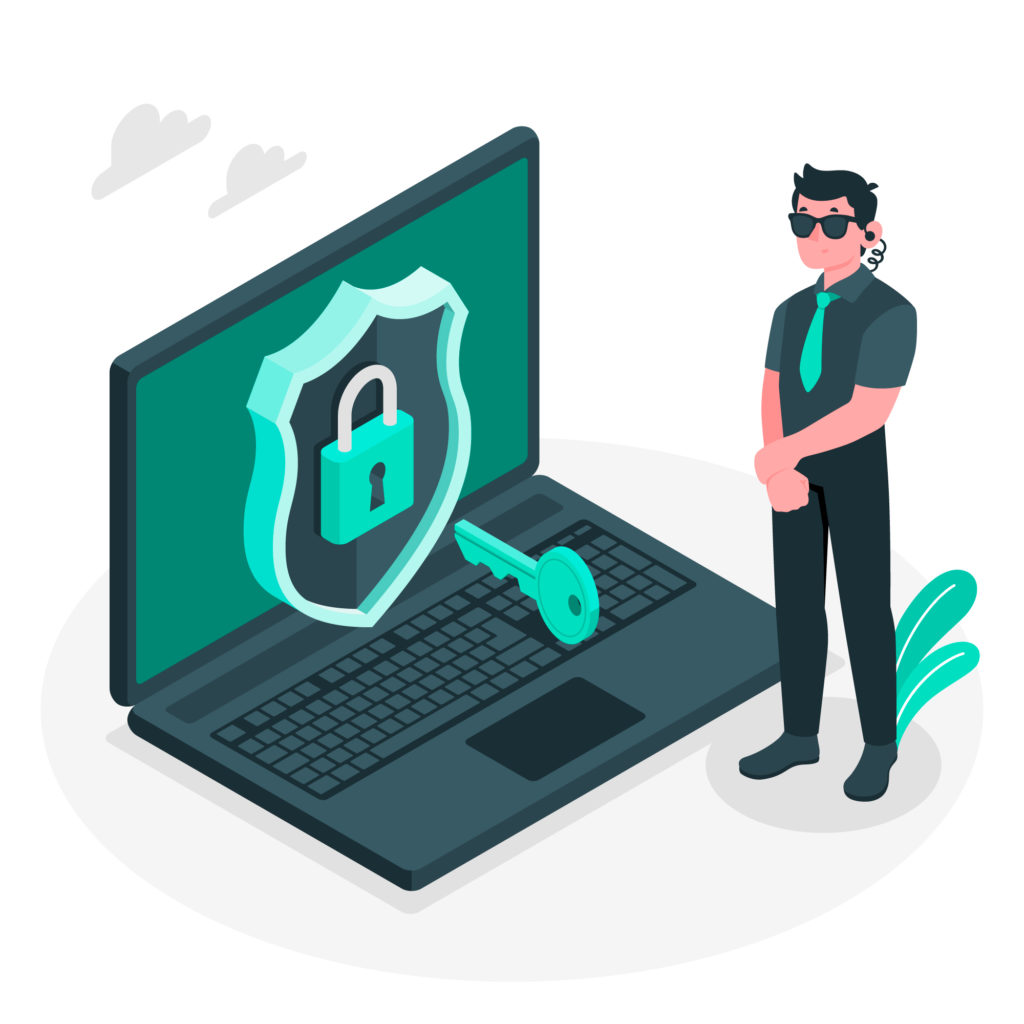
In today’s digital age, a strong online presence is crucial for any small business’s success. As you delve into the world of web design to create an appealing and user-friendly website, it’s essential to remember that security should be at the forefront of your priorities. Website security is not just a concern for large corporations; small businesses are equally vulnerable to cyber threats. In this article, we will explore the basics of website security and provide you with valuable insights on safeguarding your small business online.
Why Website Security Matters for Web Design:
When we talk about web design, we often focus on aesthetics, user experience, and functionality. While these aspects are undoubtedly important, they must be accompanied by robust security measures. A compromised website not only damages your reputation but also leads to loss of sensitive data and potential legal liabilities.
1. Secure Hosting and SSL Certificates:
The foundation of a secure website begins with choosing a reputable hosting provider. A secure host implements measures like regular security updates, firewalls, and intrusion detection systems. Additionally, integrating an SSL (Secure Sockets Layer) certificate is crucial. SSL not only encrypts data transmitted between the user’s browser and your website but also improves your site’s search engine ranking.
When discussing web design, it’s imperative to select a hosting provider that aligns with your security needs. The web design process should seamlessly incorporate these security measures to ensure a strong starting point for your online presence.
2. Regular Updates:
Whether you’re using a content management system (CMS) like WordPress or a custom-built website, keeping all software up to date is essential. Outdated plugins, themes, and software are common targets for hackers. Regular updates patch vulnerabilities and enhance your website’s overall security. A proactive approach to updates should be an integral part of your web design strategy.
3. Strong Authentication:
Implementing strong authentication measures such as multi-factor authentication (MFA) adds an extra layer of security. MFA requires users to provide two or more forms of identification before granting access. This could include something they know (password), something they have (smartphone), or something they are (fingerprint). Integrating MFA into your web design ensures that even if a password is compromised, unauthorized access is prevented.
4. Robust Password Policies:
A significant percentage of security breaches occur due to weak passwords. Encourage users to create strong passwords with a combination of upper and lower case letters, numbers, and symbols. Your web design should incorporate password strength indicators during the registration and login process to guide users towards creating secure credentials.
5. Regular Backups:
No matter how robust your security measures are, there’s always a possibility of a breach. Regularly backing up your website ensures that you can quickly restore your site to a secure state in case of an attack. This backup strategy should be part of your web design process, ensuring that essential data is never lost.
Conclusion: Prioritizing Security in Web Design for Small Businesses
In the realm of web design, aesthetics and functionality often take center stage. However, neglecting website security can lead to disastrous consequences. As a small business owner, you’re not only responsible for your own data but also for your customers’ sensitive information. By hosting your website on secure servers, keeping all software updated, implementing strong authentication, enforcing robust password policies, and maintaining regular backups, you can significantly enhance your website’s security posture.
Remember that security is an ongoing process, and staying informed about the latest threats and security practices is crucial. Consider working with a web design professional who understands the intricacies of security to ensure that your online presence is not only visually appealing but also safe and secure.
Incorporating these security measures into your web design strategy might require additional effort and investment, but the peace of mind that comes with knowing your business and customer data are protected is invaluable. As you embark on your web design journey, remember that a secure website is the foundation of your digital success.
